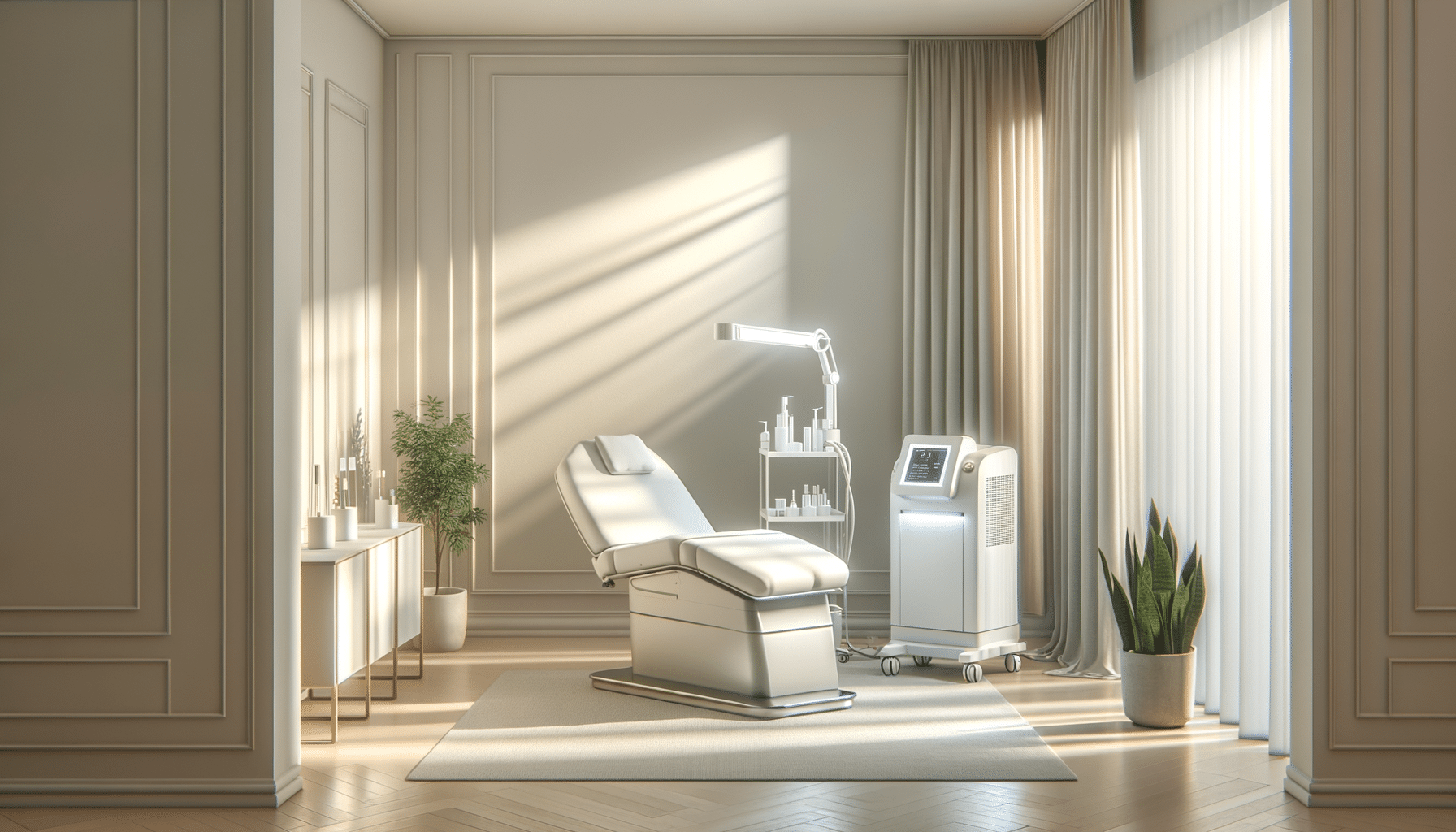
Exploring Laser Therapy for Acne Scars: A Comprehensive Guide
Introduction to Laser Therapy for Acne Scars
Acne scars can be a lasting reminder of past skin challenges, often affecting self-esteem and confidence. With advancements in dermatological treatments, laser therapy has emerged as a promising option for those seeking to improve their skin texture and appearance. This comprehensive guide explores the various aspects of laser therapy for acne scars, providing valuable insights for individuals considering this treatment.
Laser therapy works by using focused light beams to target specific areas of the skin, promoting collagen production and skin regeneration. This process can significantly reduce the appearance of scars, leading to smoother and more even skin. The treatment’s appeal lies in its precision and ability to address different types of acne scars, making it a versatile choice for many.
Understanding the Types of Laser Therapy
There are several types of laser therapies used to treat acne scars, each with its unique mechanism and benefits. Understanding these can help individuals make informed decisions about their treatment options.
1. **Ablative Lasers**: These lasers remove the outer layers of skin, promoting the growth of new, healthy skin. They are particularly effective for deeper scars and include CO2 and Erbium YAG lasers.
2. **Non-Ablative Lasers**: These lasers target the underlying skin tissue without harming the surface, stimulating collagen production. They are less invasive and have a shorter recovery time, making them suitable for mild to moderate scars.
3. **Fractional Lasers**: Fractional lasers treat a fraction of the skin at a time, leaving surrounding areas intact. This approach accelerates healing and is effective for various scar types, including boxcar and rolling scars.
Choosing the appropriate type of laser therapy depends on the individual’s skin type, the severity of the scars, and personal preferences. Consulting with a qualified dermatologist is crucial to tailor the treatment to specific needs.
Benefits and Considerations of Laser Therapy
Laser therapy offers numerous benefits for those dealing with acne scars. One of the primary advantages is its ability to provide noticeable improvements in skin texture and tone. By stimulating collagen production, laser therapy can enhance overall skin health, resulting in a more youthful appearance.
However, there are important considerations to keep in mind. The effectiveness of laser therapy can vary based on individual skin characteristics and the type of scars being treated. Additionally, multiple sessions may be required to achieve optimal results, which can be a factor in planning for treatment.
It’s also essential to consider the potential side effects, such as redness, swelling, and temporary discomfort. Proper aftercare and following the dermatologist’s guidelines can help minimize these effects and promote healing.
Preparing for Laser Therapy Treatment
Preparation is a key factor in ensuring the success of laser therapy for acne scars. Before undergoing treatment, individuals should consult with a dermatologist to discuss their goals and expectations. This consultation will also involve a thorough assessment of the skin and a discussion of any medical history that may affect the treatment process.
Leading up to the treatment, patients may be advised to avoid sun exposure, as tanned skin can increase the risk of complications. Additionally, certain skincare products, such as retinoids and exfoliants, may need to be paused to prevent irritation.
On the day of the procedure, patients should arrive with clean skin, free of makeup and lotions. Following these preparatory steps can help enhance the effectiveness of the treatment and reduce the likelihood of adverse reactions.
Post-Treatment Care and Long-Term Results
After undergoing laser therapy, proper post-treatment care is crucial for achieving the best results. Patients may experience redness and swelling, similar to a mild sunburn, which typically subsides within a few days. Applying soothing creams and avoiding direct sun exposure can aid in the healing process.
Long-term results of laser therapy can be highly satisfying, with many individuals reporting significant improvements in the appearance of their acne scars. However, it’s important to maintain realistic expectations and understand that complete scar removal may not be possible.
Regular follow-up appointments with the dermatologist can help monitor progress and determine if additional sessions are necessary. By adhering to recommended skincare routines and protecting the skin from sun damage, patients can enjoy lasting benefits from their laser therapy treatment.


